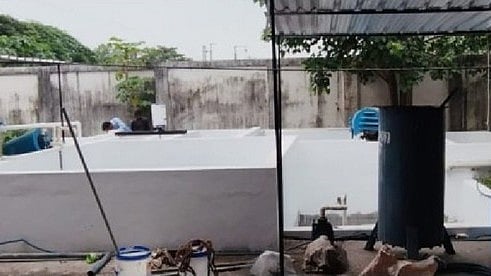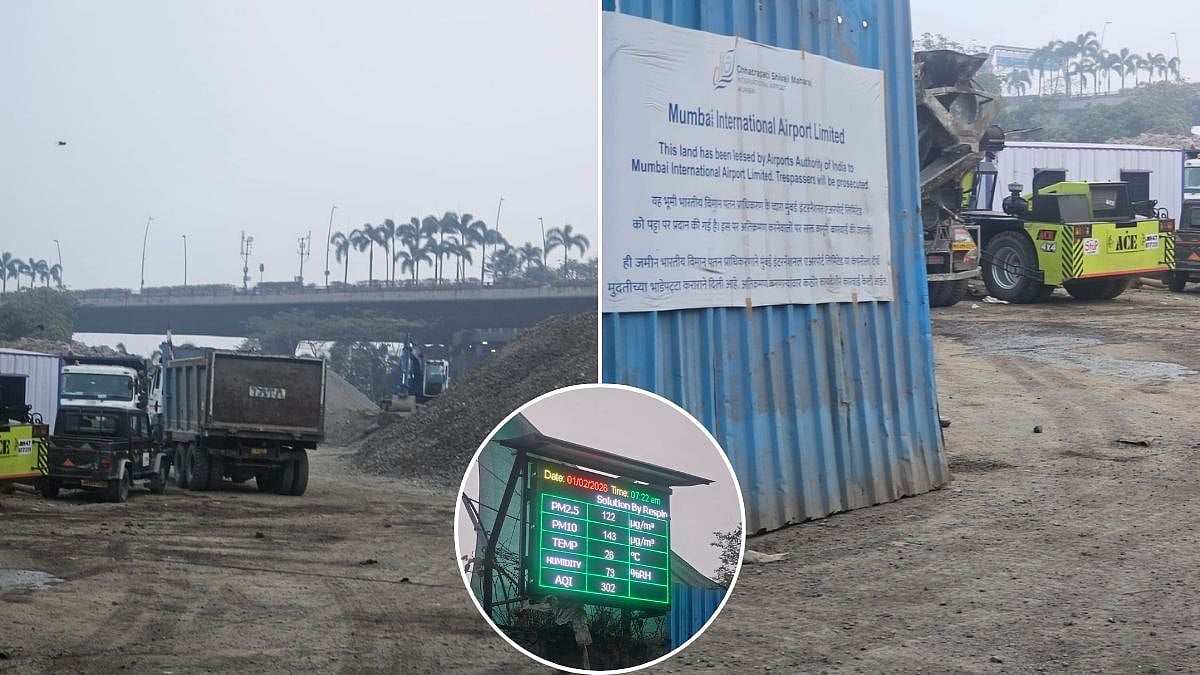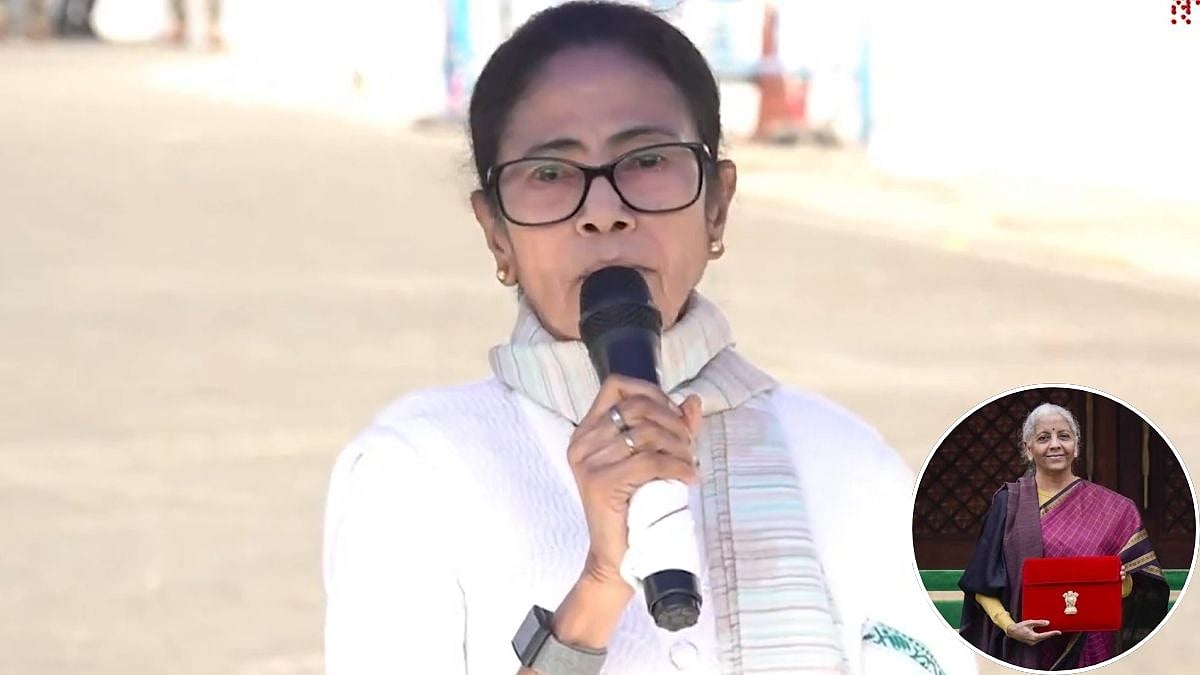In a significant move towards environmental conservation, Western Railway’s Mumbai Central Division has transformed its existing 60 KLD Effluent Treatment Plant (ETP) at the Surat Mechanized Laundry into a Water Recycling Plant (WRP). The upgrade is part of Indian Railways’ sustainability efforts, aimed at reusing treated wastewater and minimizing environmental impact.
By leveraging advanced treatment technologies, the initiative showcases how infrastructure can be optimized to enhance resource efficiency, cost savings, and long-term sustainability in railway operations.
Sustainable Water Management Initiative
According to Western Railway, this transformation marks a major step in sustainable water management. The conversion of the ETP into a WRP demonstrates the Railways’ commitment to water conservation and environmental protection through advanced wastewater treatment and reuse technologies.
The newly upgraded Water Recycling Plant is designed to treat and recycle wastewater generated from laundry operations, converting it into high-quality recycled water for non-potable uses, primarily washing of coaches.
How the Treatment Process Works
The treatment process begins with effluent collection, where wastewater generated from laundry operations is first gathered in a holding tank. It then passes through the Effluent Treatment Plant, where it undergoes several stages pre-treatment, chemical and biological treatment, and tertiary disinfection using UV or chlorine to eliminate contaminants.
After initial treatment, the water is directed to the Water Recycling Plant, where it is refined further through sand and membrane filtration, followed by final disinfection before being stored for reuse.
Key Benefits of the Water Recycling Plant
The new system provides multiple benefits, including
Water conservation: Daily treatment and reuse reduce dependency on freshwater.
Cost efficiency: Lower expenditure on water procurement and sewage disposal.
Environmental sustainability: Reduced effluent discharge and compliance with environmental standards.
Regulatory compliance: Adherence to wastewater treatment norms.
Operational efficiency: More sustainable and cost-effective laundry operations.

The treated water is primarily used for coach washing, one of the most water-intensive processes in railway maintenance. This reuse significantly cuts down freshwater demand while ensuring high cleaning efficiency through advanced filtration and disinfection systems.
Milestone in Green Railway Operations
The conversion of the Effluent Treatment Plant into a Water Recycling Plant marks a major milestone in Western Railway’s environmental sustainability drive. This initiative not only conserves valuable water resources but also reinforces the Railways’ commitment to achieving green and efficient operations across its network.








